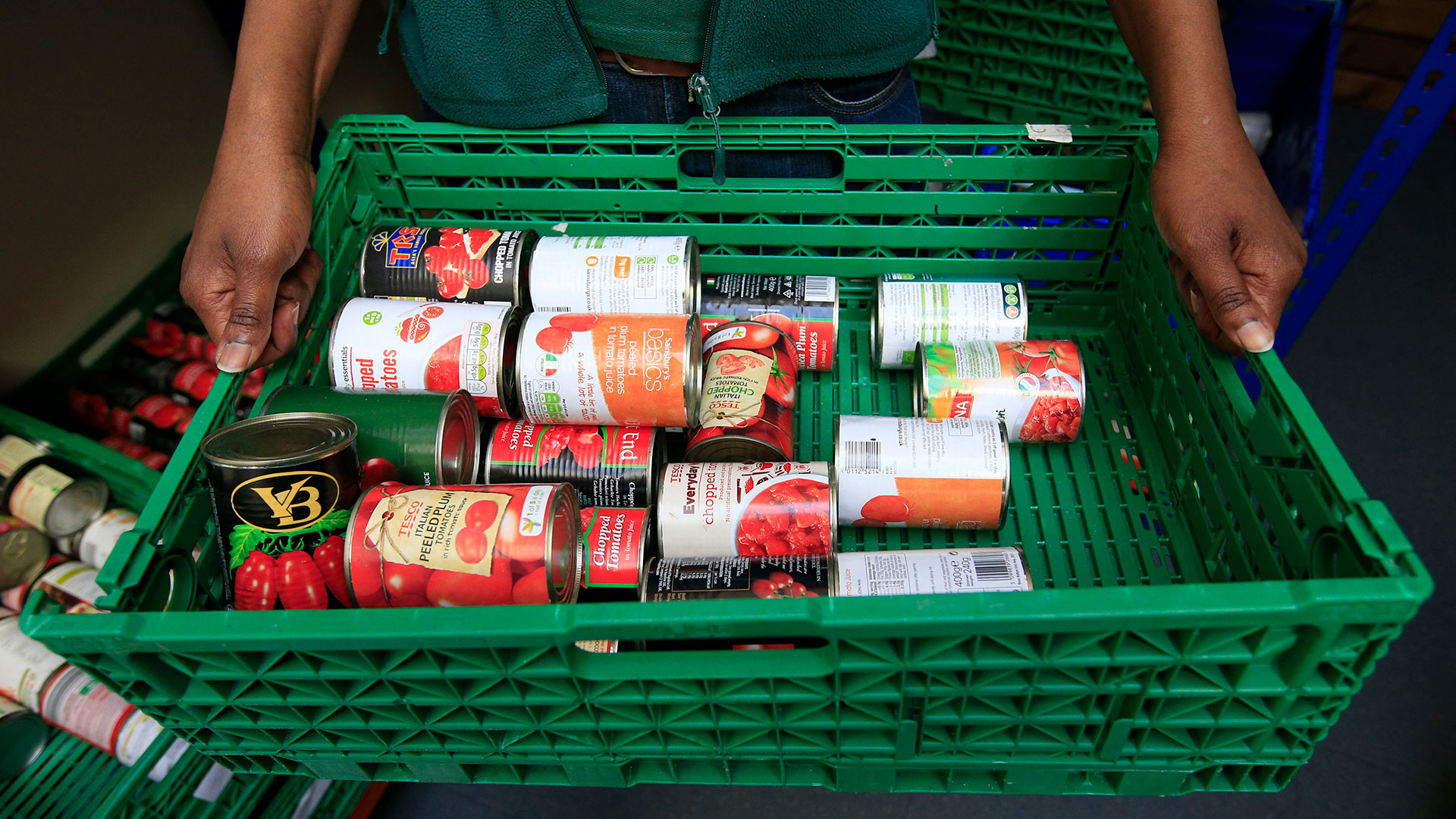Foodbank use in Scotland has soared – again – leaving campaigners calling for major changes after nearly 600,000 emergency food parcels were distributed in 18 months.
Troubling new figures show that the full scale of foodbank use, described as “the tip of the iceberg” by experts, continues to grow as more people struggle under a social security system weakened by Universal Credit.
In fact campaigners released evidence of a 22 per cent increase in food parcel distribution between April 2018 and September 2019 compared to the previous 18 months when 480,583 three-day parcels had been handed out between April 2017 and September 2018. The shocking new statistics are based on data from independent foodbanks, making up 42 per cent of those in Scotland, as well as Trussell Trust figures.
The Independent Food Aid Network (IFAN) teamed up with A Menu for Change (a partnership between Oxfam Scotland, Nourish Scotland, the Poverty Alliance and the Child Poverty Action Group in Scotland) to investigate the extent of the problem. Researchers discovered that between 91 of the 101 independent foodbanks and 135 Trussell Trust venues, at least 596,472 parcels had been handed out in the time period. This works out as more than 1,000 every single day, with one parcel providing three days’ worth of food for one person.
The campaigners pointed out that these figures represent “only the tip of the iceberg” of those experiencing food insecurity because many people will often skip meals instead of using a foodbank. Together they’re calling for the UK government to take action on soaring poverty levels and deliver secure incomes for all to help them stay afloat.
IFAN’s coordinator and Big Issue Changemaker Sabine Goodwin, who led the research, said: “Scotland’s independent foodbank data demonstrates a huge increase in emergency food parcel distribution figures from our last release in March 2019.
“The UK and Scottish Governments must take decisive action to address the root causes of poverty so that we can start to see a decrease in foodbank use. For children and adults across Scotland, the long-term impact of inaction will be devastating.”
A Menu for Change and IFAN want Westminster to boost the National Living Wage to make it a Real Living Wage and raise benefits to fit with inflation. They also want the two-child limit and benefit caps to be removed while they say insecure working conditions, like zero-hour contracts, should be banned outright. Ministers in Holyrood should also be increasing funding to the Scottish Welfare Fund, they said, which has been suffering real-terms cuts since 2013, making it more difficult to support those in need.









